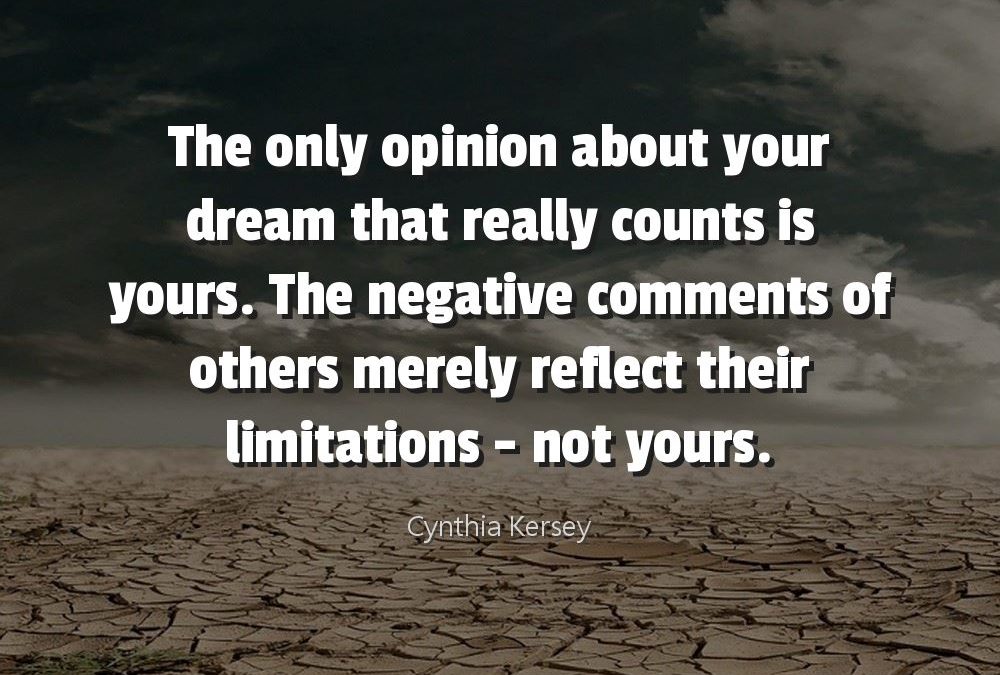It goes without saying that we’re living through difficult times. With many institutions closing their doors and taking with them the support income of many aspiring artists, and with networks and productions coming to what seems to be an indefinite halt taking with them dreams and opportunities, you might feel lost and even unsure of your career path as a singer, actor, or speaker.
While this global pandemic has brought its fair share of encumbrances, it also opened up new avenues for art to be realized. As people navigate these unprecedented circumstances, isolation, panic, and economic uncertainty -to name but a few, many have found solace in film, television, music, literature, and virtual theater and opera performances. It’s in times like these that you should work on laying the foundation of your return.
The industry may be on standstill, but this doesn’t make that your career should be too. This is an opportunity for you to keep a positive mindset, take the time to hone your skills, and prepare to emerge from this crisis empowered by the value of your voice. This will pass, and when it does, theatre, music, and arts will come back, harder, faster, and more competitive than ever. So you need to train your body, mind, and soul for this imminent resurgence, and like a phoenix, learn to rise from the ashes, unscathed.
The Power of a Positive Mindset
“All that we are is the result of what we have thought. The mind is everything. What we think we become.”- Unknown
Your mind is incredibly powerful. It has the ability to shape your attitude and, by extension, your reality. Everything you experience is filtered through your mind, and so your thoughts can make a big impact on the way you perceive yourself, others, as well as the world. When your mind is entrenched in negativity, you will begin to view -otherwise neutral and objective events as inherently unpleasant. You might believe that the negative self-talk coming from your inner critic is just that, talk … but it has far more detrimental consequences than you think. Confirmation bias happens when you begin to search for information that sustains your pre-existing ideas. When you approach your career, and life in general, with a bias toward negativity, whatever reactions you receive will be tainted by that negativity, and so will your interpretations of the world and of how other people act toward you. This is why optimizing your attitude is essential, not only to your professional success but to your happiness and fulfillment as well. With that said, cultivating and nurturing a positive mindset is no easy process, especially when your mind is so deeply rooted in pessimism. Unfortunately, you can’t just flip a switch and change your entire worldview. Positivity is a skill, and like all skills, it requires meticulous development and regular practice.
So where do you begin?
Here are four practical ways to develop and maintain a positive attitude!
1. Master your mind
With the current circumstances, it seems right to take a step back and heed the judgment of mother nature telling you to slow down. You need to practice living in the moment without the oppressive guilt of past failures and future doubts. This is what mindfulness is: reaching a state of active and open focus on the present. When you’re practicing mindfulness, you’re able to observe your thoughts and feelings without any judgment -whether good or bad. Tune in to the fact that you can’t do everything all at once and you will accept that taking things one step at a time is enough. How do you get started? Pick a quiet spot, sit, and focus on your breathing for a few minutes. Take a walk and appreciate each moment you get to experience. Everything is a gift, especially for an artist, and no experience is wasted if it’s genuinely experienced.
2. Be kind -to yourself and others
If a fellow performer confides in you that they’re struggling with self-doubt or that they’re having a hard time believing in their talent, skills, and worth, how do you react? You probably jump right in to lift their spirits, boost their confidence, and reassure them of their worth and abilities. You tell them they’re kind, smart, brilliant, and proficient, not because you merely want to make them feel better about themselves, but also, and most importantly because you believe these things to be true! Even if they failed at landing a particular role, you’re convinced of their ability to bounce back stronger than ever. So why is it easier for you to be kind to others but not show the same kindness to yourself? Learn to see yourself as your loved ones see you, learn to have faith in yourself as much as you do those around you. This is the ‘hack’ if there ever was any, to confidence-building and keeping positive.
3. Talk your frustrations through with the people you trust
Reaching in (via mindfulness) can be tremendously introspective, but you also need to learn how to reach out. A positive mindset isn’t achieved by wearing rose-colored glasses and ignoring your problems. You need to know that you don’t have to carry the weight of the world by yourself. Granted, complaining is unproductive. However, talking your frustrations through with the people you love, and trust is not only a way for you to release pent-up negativity, but it’s also a constructive opportunity to consider different ways of fixing those problems. Getting a fresh perspective, other than your own, can be really insightful too.
4. Develop resilience
Resilience is the ability to bounce back, no matter how exasperating life gets, a skill that is crucial if you want to ensure the success as well as longevity of your career. Keeping positive doesn’t happen by actively avoiding tough situations but by learning to adapt in the face of adversity. So how do you develop your resilience?
● When prompted, always choose action over inaction. You can’t just sit around and wish your problems away. You have to be prepared to make a move, even if it seems insignificant in the grand scheme of things. So, ask yourself: “what can I do today that will help me get one step closer to accomplishing my goals?”
● Be willing to accept the help and support of your loved ones. No one can do it alone.
● Don’t look at adversity as insurmountable, choose to adopt a growth mindset rather than a fixed one. Look beyond the present and visualize how the future can be better.
● Acknowledge that change is part of life. Accept what you cannot control and direct your focus towards what you can alter.
● Make every day about building confidence in your ability to solve problems.
● Practice self-care so you’re mentally and emotionally prepared to deal with situations that require resilience.


